El lenguaje inglés es esencial en el campo de la arquitectura y la construcción, especialmente en la era de la globalización. Si eres un arquitecto o un estudiante de arquitectura que busca trabajar o estudiar en un entorno internacional, es fundamental que aprendas el vocabulario y los términos técnicos en inglés. En este artículo, te enseñaremos cómo decir «plano arquitectónico» en inglés y otros términos relacionados con la arquitectura que te serán útiles en tu carrera.
Descubre cómo se denomina el plano de arquitectura en el mundo de la construcción
El plano de arquitectura es un elemento fundamental en la construcción de edificios. A través de él, se plasman las ideas y diseños del arquitecto en un documento que servirá de guía para la construcción del edificio.
En el mundo de la construcción, el plano de arquitectura recibe diferentes nombres según el país o región. En España, por ejemplo, se le conoce como «plano de conjunto», mientras que en México se denomina «planos arquitectónicos».
Independientemente del nombre que se le dé, el plano de arquitectura es esencial para el éxito de cualquier proyecto de construcción. En él se detallan medidas, materiales, distribución de espacios y cualquier otra información relevante para llevar a cabo la obra.
Además, el plano de arquitectura también es un documento legal que se utiliza para obtener permisos de construcción y para cumplir con las normativas y regulaciones en materia de construcción.
En conclusión, el plano de arquitectura es un elemento clave en la construcción de edificios y su denominación varía según el país o región. Es importante que este documento se elabore con precisión y detalle para garantizar el éxito del proyecto de construcción.
¿Conoces algún otro nombre que se le dé al plano de arquitectura en otros países? ¿Crees que es necesario homogeneizar su denominación a nivel internacional?
Mastering Project Management Vocabulary: How to Say ‘Plano de Proyecto’ in English
When it comes to project management, having a good understanding of the vocabulary is crucial. One important term in project management is the plano de proyecto, which refers to the project plan.
The project plan is a document that outlines the scope, objectives, timeline, resources, and deliverables of a project. It is a roadmap that guides the project team and stakeholders throughout the project lifecycle.
In English, the equivalent term for plano de proyecto is project plan. This term is widely used in the project management field and is familiar to most professionals.
Mastering project management vocabulary, including the project plan, is essential for effective communication and collaboration within a project team. It ensures that everyone involved in the project is on the same page and understands the project goals and expectations.
Overall, understanding the vocabulary of project management is crucial for success in the field. Knowing how to say plano de proyecto in English is just one small step towards mastering the language of project management.
As technology continues to evolve and businesses become increasingly global, the need for effective project management becomes more important than ever. By mastering the vocabulary of project management, professionals can ensure that their projects are completed on time, within budget, and to the satisfaction of all stakeholders.
How to say ‘plano’ in English
If you want to say ‘plano’ in English, you have a few options depending on the context. One common translation is flat, which can refer to a surface or object that is level or without bumps or curves. For example, you might describe a flat piece of paper or a flat stretch of land.
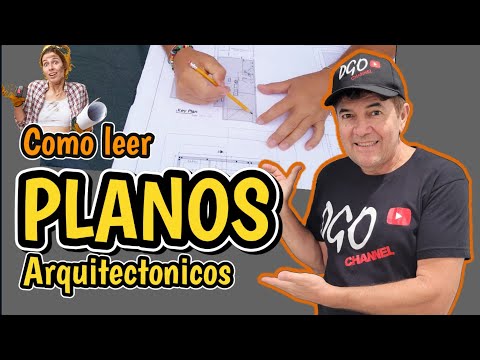
Another option is planar, which is a more technical term used in mathematics or science to describe a flat surface or shape. You might use planar to describe a planar graph, for instance.
Finally, level is another word that can be used to describe something that is plano. This term can refer to a surface or object that is even or without variation in height or angle. For example, you might describe a level table or a level playing field.
Overall, there are several ways to say ‘plano’ in English depending on the context and your intended meaning. It’s always helpful to consider the specific situation and choose the word that best captures the idea you’re trying to convey.
As language learners, it’s important to remember that there are often many ways to express an idea in a new language. Exploring different options can help us expand our vocabulary and communicate more effectively with others.
Unlocking the Language Barrier: How Learning English Blueprints Can Benefit Your Career
In today’s globalized world, being able to communicate in English has become an essential skill for professionals in virtually every industry. English is the language of international business, and being able to speak and write it fluently can open up a world of opportunities for those who aspire to advance their careers.
Learning English blueprints can be an effective way to improve your English skills quickly and efficiently. These blueprints provide a structured approach to learning English that includes targeted vocabulary and grammar lessons, as well as opportunities to practice speaking and writing in a variety of contexts.
One of the biggest benefits of learning English blueprints is that they can help you overcome the language barrier that often stands in the way of career advancement. By improving your English skills, you can communicate more effectively with colleagues and clients from around the world, and you can be more confident in your ability to contribute to international projects and initiatives.
In addition, learning English can also improve your job prospects. Many companies require employees to be proficient in English, and those who can demonstrate fluency in the language are often considered more valuable to employers.
Overall, learning English blueprints is a smart investment in your career. By improving your English skills, you can expand your professional network, increase your job opportunities, and position yourself for success in a globalized economy.
But it’s important to remember that learning English is not just about advancing your career—it’s also about connecting with people from different cultures and backgrounds. By learning English, you can break down barriers and build bridges with people from around the world, and that’s a valuable skill that extends far beyond the workplace.
So whether you’re looking to advance your career or simply broaden your horizons, learning English is a worthwhile pursuit that can benefit you in countless ways.
En resumen, conocer el vocabulario técnico en inglés es esencial para cualquier arquitecto que desee comunicarse eficazmente en un entorno internacional. Esperamos que este artículo te haya sido útil para adquirir nuevos conocimientos y mejorar tus habilidades de comunicación en inglés.
Recuerda que la práctica hace al maestro y que nunca es tarde para seguir aprendiendo. ¡Sigue estudiando y mejorando tu inglés arquitectónico!
¡Hasta la próxima!
Recomendaciones que ayudan con el estudio de este tema.
Créditos & citaciones.
Autor: Equipo de redacción, antonio1095 antonio1095.
Fecha de publicación: junio 22, 2023.


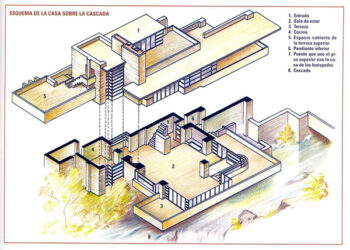
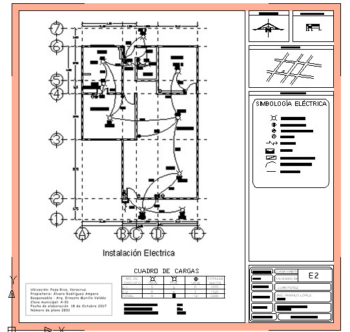
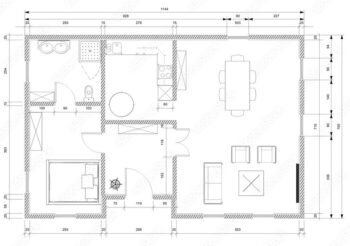
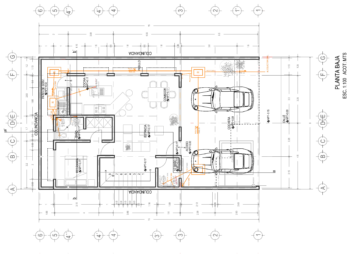
Comentarios